
5 Tips to Prepare for Your NCCT NCPT Exam
As a phlebotomy technician, you enjoy a rewarding career as an allied healthcare professional. With solid experience under your belt, you are now read...
Continue
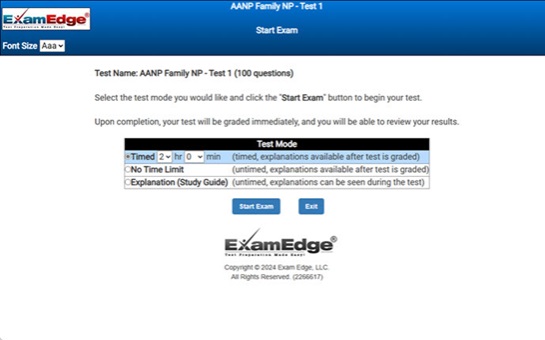
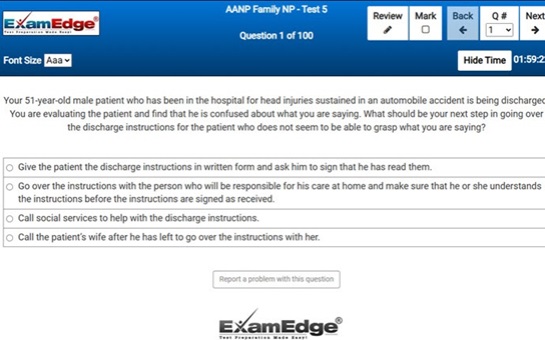
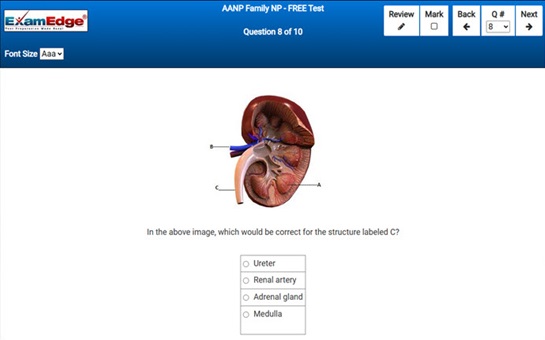
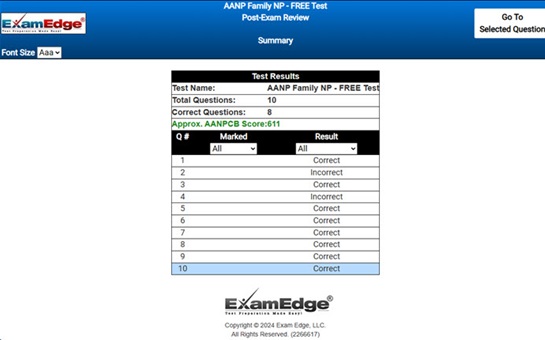
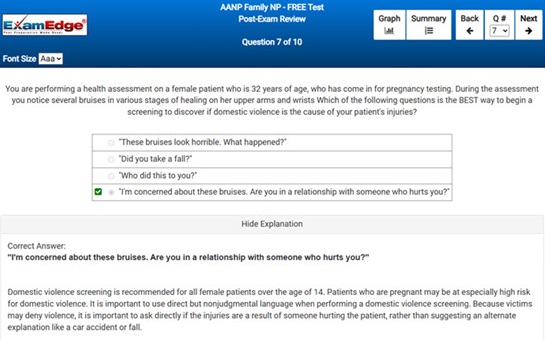
The more you know about the NCCT NCPT exam the better prepared you will be! Our practice tests are designed to help you master both the subject matter and the art of test-taking to be sure you are fully prepared for your exam.
Here are a few things to think about:
Start exam prep today with a NCCT National Certified Phlebotomy Technician practice test from Exam Edge!

As a phlebotomy technician, you enjoy a rewarding career as an allied healthcare professional. With solid experience under your belt, you are now read...
Continue
As a phlebotomy technician, you enjoy a rewarding career as an allied healthcare professional. With solid experience under your belt, you are now read...
Continue